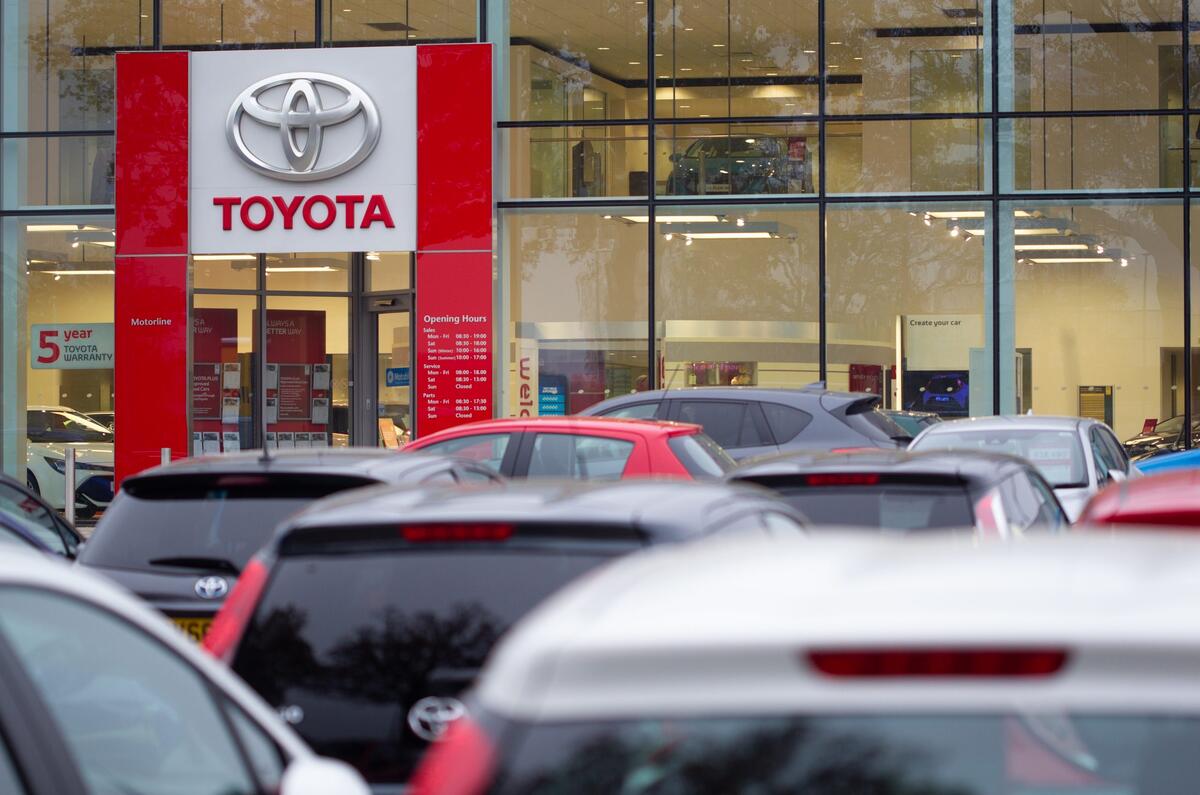The car industry has so far ridden out the shocks of Covid and subsequent supply chain disruption surprisingly successfully, at least as far as profits have shown.
But the greatest shock might yet be around the corner and that could be much harder to overcome: a collapse in demand.




Add your comment